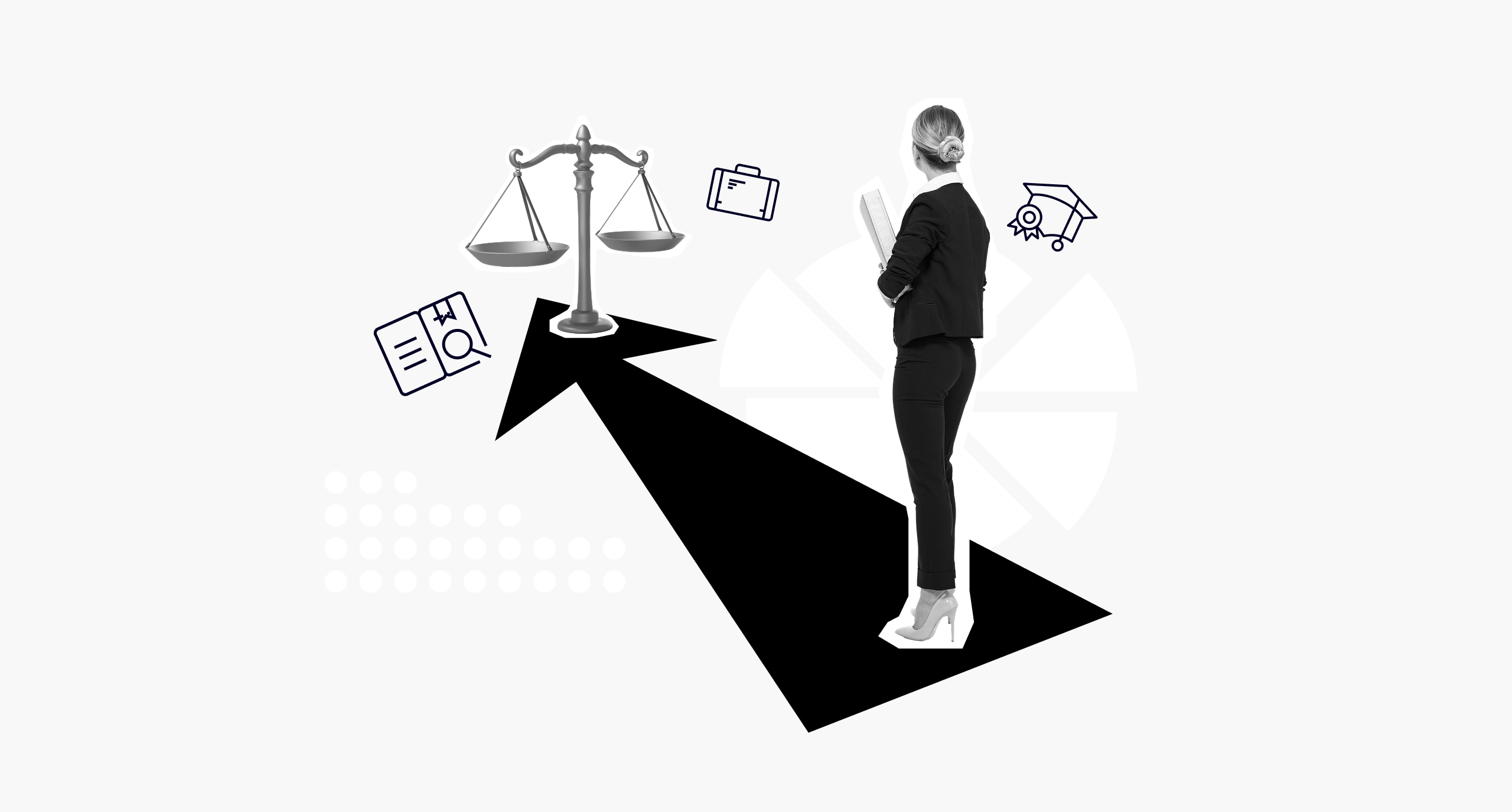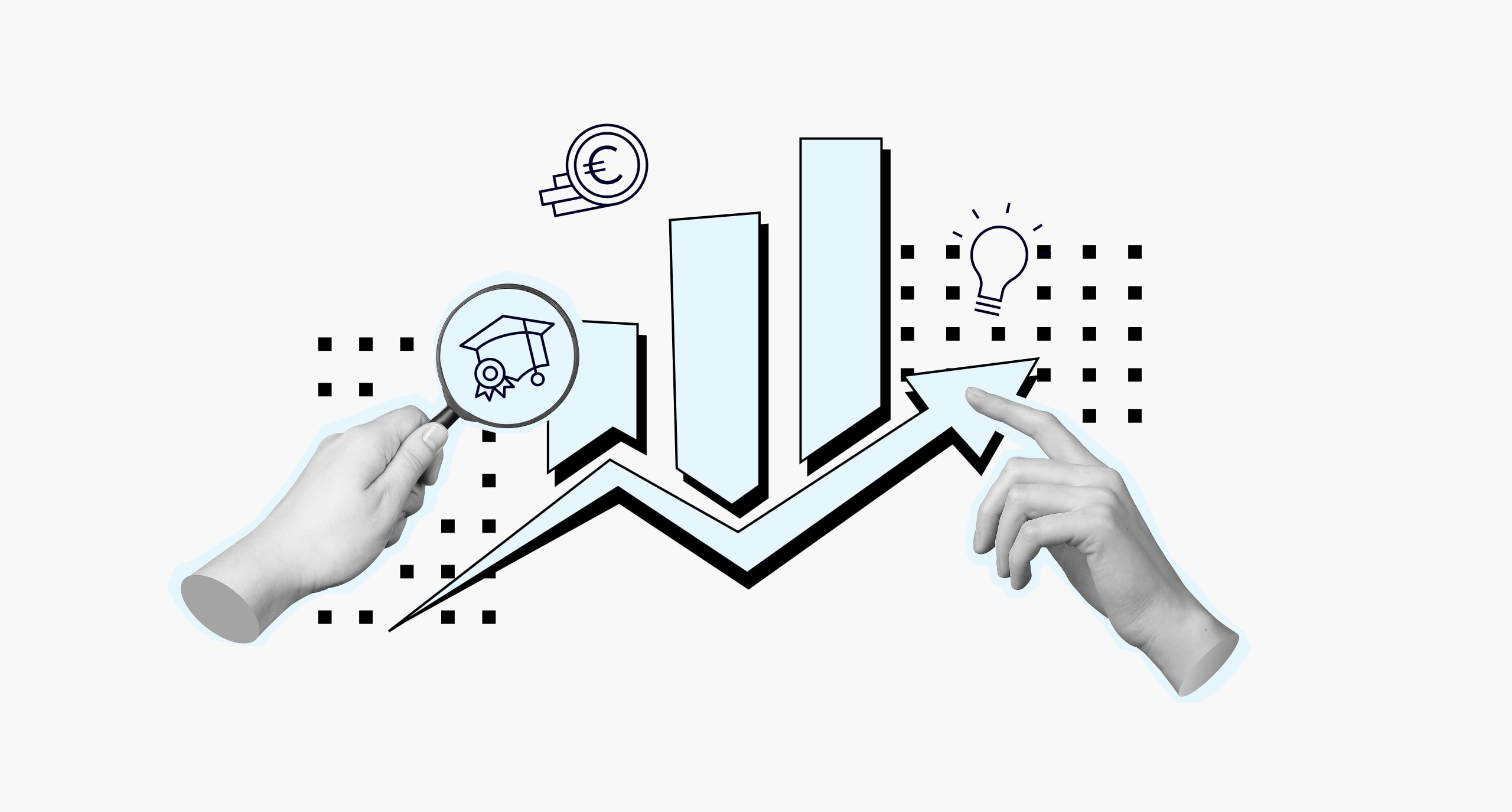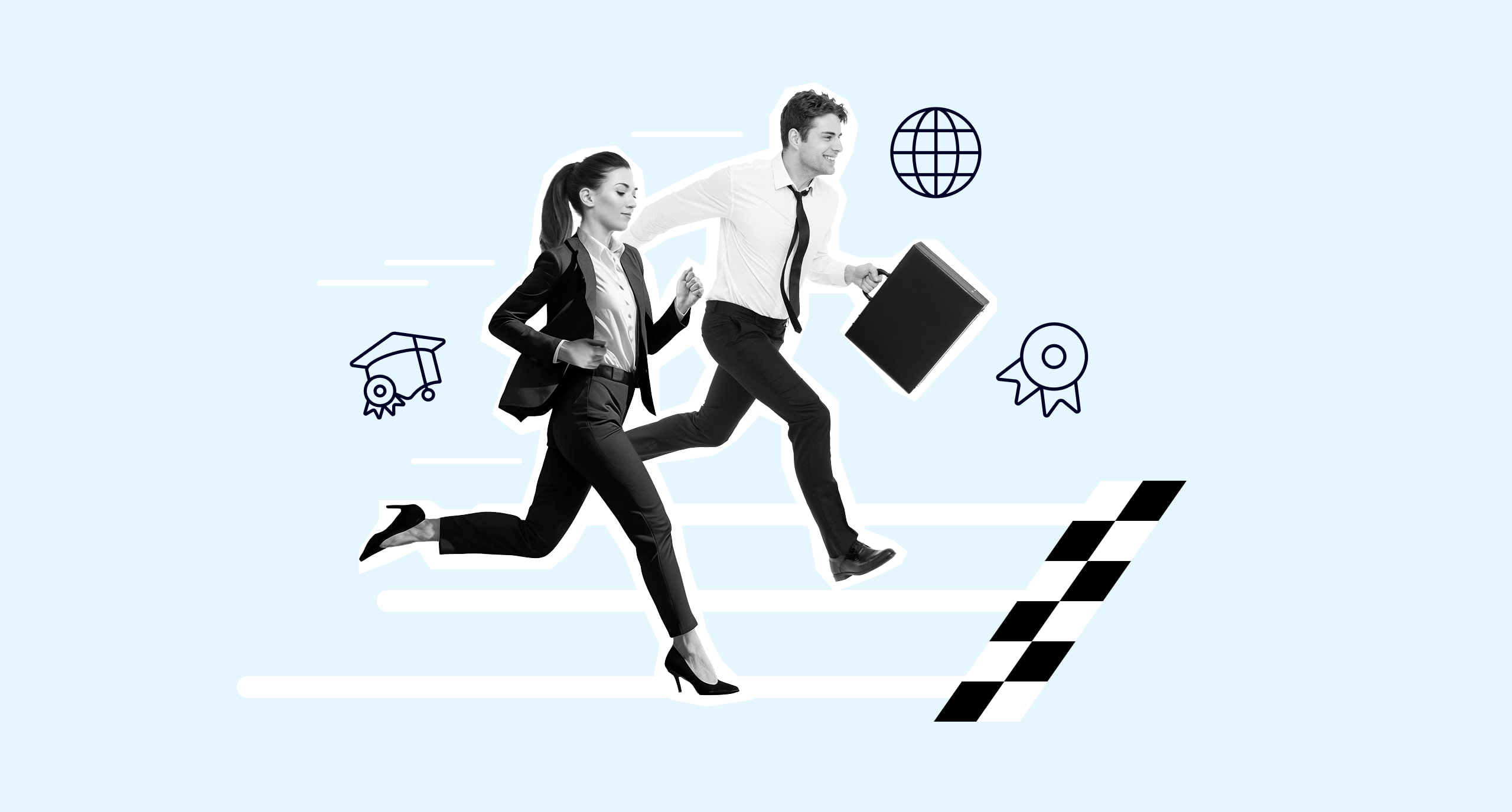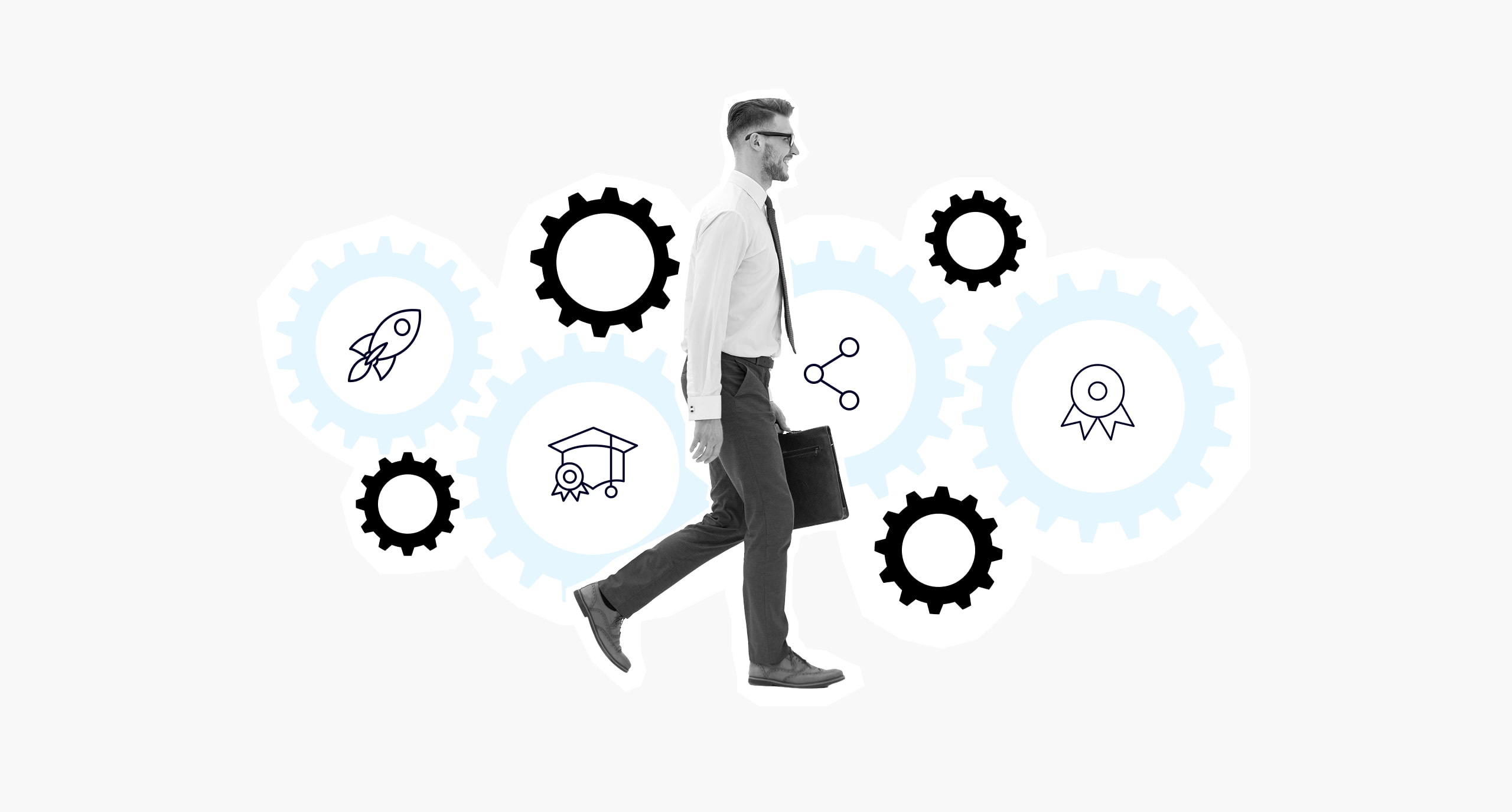As global climate challenges intensify, and with economic and social factors increasingly in the spotlight, sustainability is a topic that businesses can no longer ignore. Expectations are higher than ever, and the deadline for the UN’s 2030 Agenda and its Sustainable Development Goals (SDGs) is rapidly approaching. Businesses must find new ways to make sustainable business practices a core part of their strategy or risk losing their competitive edge.
Historically, businesses have been reluctant to explore sustainability to its full extent, viewing it as a cost burden that threatens their bottom line. But this is changing, especially as it becomes increasingly clear that aligning with the SDGs not only mitigates risks, but also unlocks new opportunities for innovation and long-term growth.
An insight into sustainable business transformation
Sandra Vidal Sánchez, a IE Business School alum, has firsthand experience of the power of sustainability in business. As the Lead Sustainability Manager at AAB Motion Services, Sandra says that a turning point in her career was her involvement in the design of a new business model based on the circular economy. The project opened her eyes to the fact that focusing on sustainability really can benefit a company’s bottom line. “This model demonstrates how improving sustainability and economic profitability can go hand in hand.”
Sandra’s work focuses on finding new ways to recover copper and steel from motors and frequency converters. This saves the materials from ending up in landfills, and instead helps return them to the production chain. The results have been transformative: “Seeing this real and tangible impact—not only on the environment, but also on the economy and society—made me realize the incredible power that business sustainability has to make a profound and positive change in the world.”
Beyond a global outlook, Sandra says her time in the Master in Sustainability and Business Transformation helped her develop a wide range of skills: “I learned to think strategically and holistically, seeing how sustainable decisions can influence all aspects of the business. I improved my communication and leadership skills, which has allowed me to inspire and guide diverse teams towards sustainable goals.” This, she says, has proven to be crucial in her journey.
“These skills have been critical to my success in this dynamic field.”

A program with the potential to transform
As one of the first carbon-neutral universities in Europe, and thanks to our IE Sustainability Office, sustainability is at the heart of everything we do at IE University. It’s also a key theme throughout our wide range of academic programs, and we’re leading the way in sustainability education. In 2023, IE Business School ranked 1st worldwide for ESG and Net Zero teaching.
The Master in Sustainability and Business Transformation is one example of our innovative programs designed to lead sustainability education. By giving students a hands-on and immersive learning experience, the program equips its participants with the skills and knowledge to create positive change. It teaches them to effectively drive transformation and help shape a business strategy that puts sustainability at its core.
Regardless of academic background, the program is for anyone looking for a way to bridge the gap between sustainability and business. It is built around four pillars: Foundations of Sustainability; Sustainable Business Practices; Sustainable Innovation and Entrepreneurship; and Business Transformation and Impact.
Sustainability in business: a career with impact
The field of business sustainability is constantly evolving and growing, with companies increasingly looking for professionals with the knowledge and skills to help them transition. The World Economic Forum predicts that a 66% increase in “green jobs” is necessary if the goals for the 2030 Agenda are to be met, equating to 12 million jobs worldwide.
Talented professionals are highly in demand, but still in short supply—so there has never been a better time to pursue a career in the field. As consumers demand greater sustainability, businesses are reacting to these demands by seeking more and more professionals with the necessary expertise. In the renewable energy sector alone, experts predict 43 million new jobs by 2050.
Career options are wide-ranging, with myriad roles open to individuals passionate about making a positive impact. Possible positions include sustainability manager, circular economy policy consultant, ESG auditor, social impact analyst, decarbonization consultant, and more. In today’s changing world, sustainable business professionals are sought after across industries and sectors, and in turn, the average salaries for these roles are increasing, and the growth potential within positions is high.
Making a difference with sustainable business transformation
With her growing experience in sustainable business transformation, Sandra knows how crucial it is to stay current on the latest developments.

“I regularly participate in specialized conferences, seminars and workshops. I also closely follow the publications and studies of leading organizations in sustainability, environment and social progress.”
She also has some advice for anyone wanting to build a career in sustainability, highlighting the importance of building a strong network with other professionals in the sector. “It’s crucial to be open-minded and receptive when working in the sector. And to enhance your knowledge in sustainability, it’s important to maintain a curious attitude, always be hungry for new and innovative concepts, and be open to listening and changing your mind if necessary.”
Above all, Sandra believes that pursuing a career in sustainable business transformation can lead to real change and impact. “Working in sustainability can be challenging, but when you are truly committed to your mission, you can overcome any obstacle and make a significant difference.”
Discover the world of sustainable business, be part of the change
Find your career path in business sustainability with the Master in Sustainability and Business Transformation.






